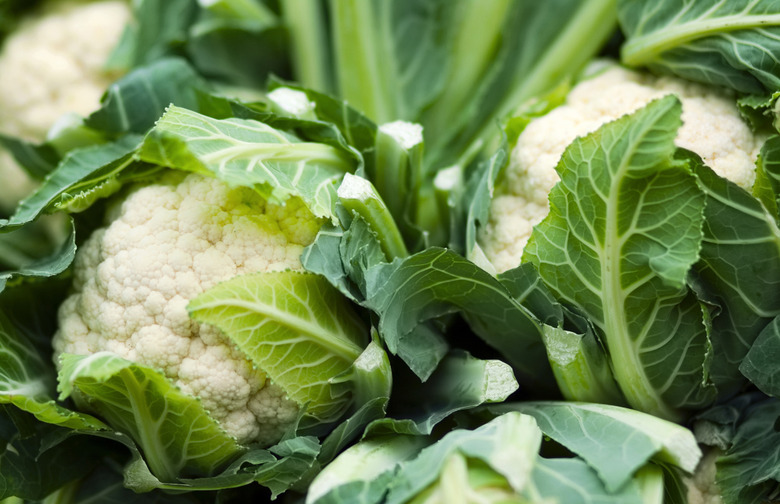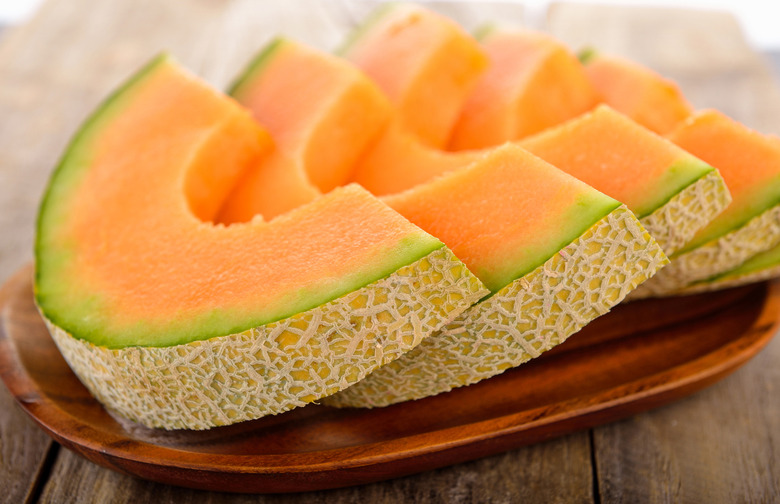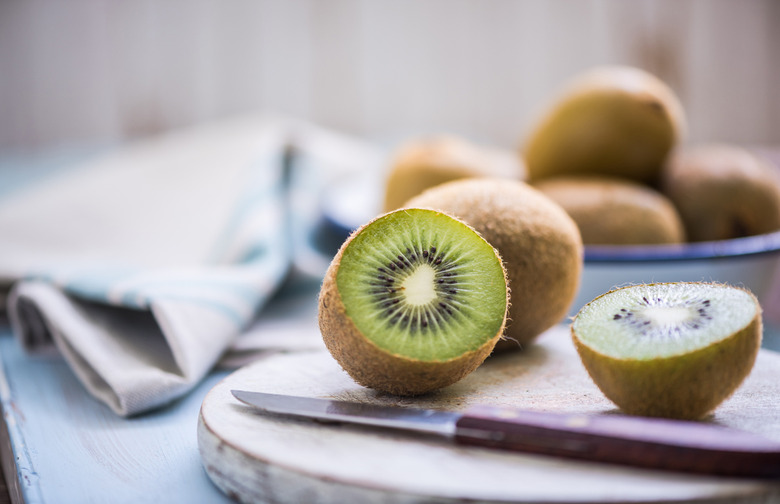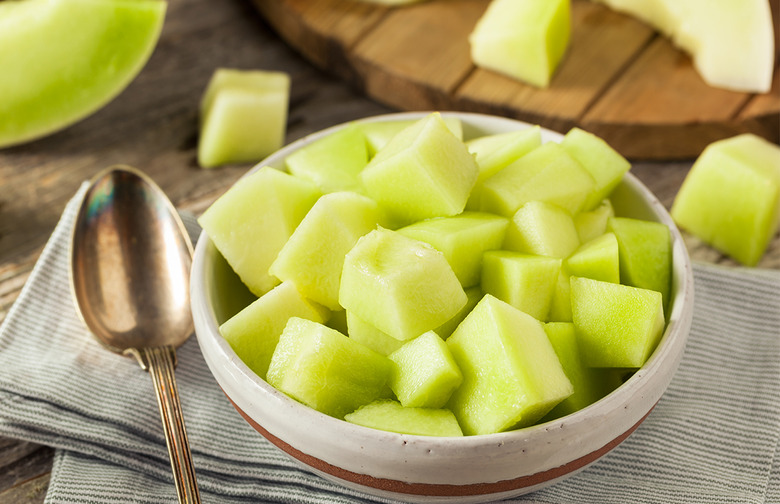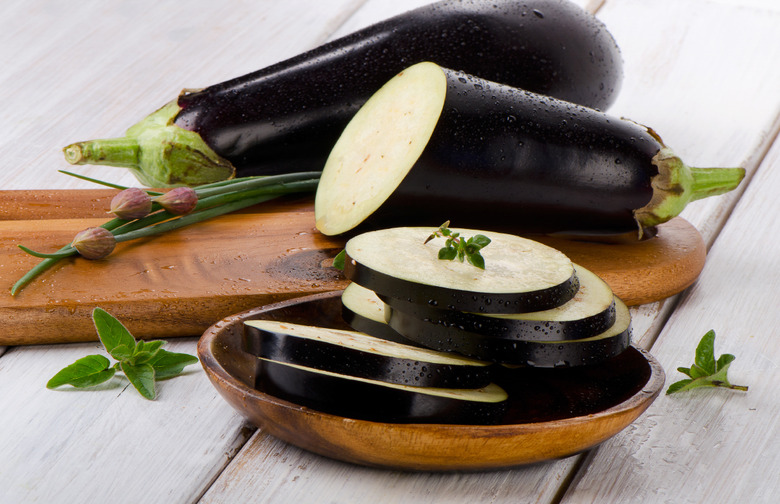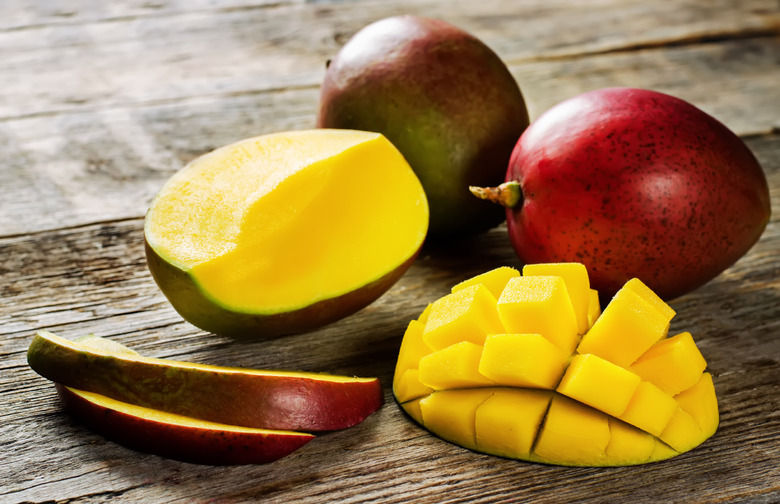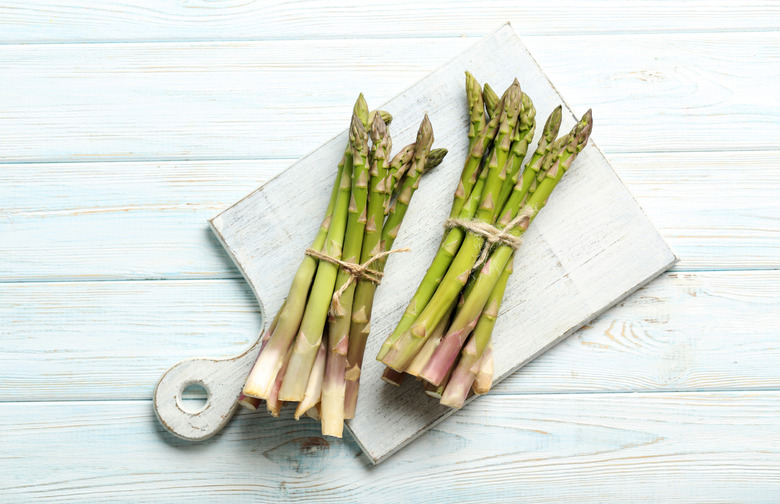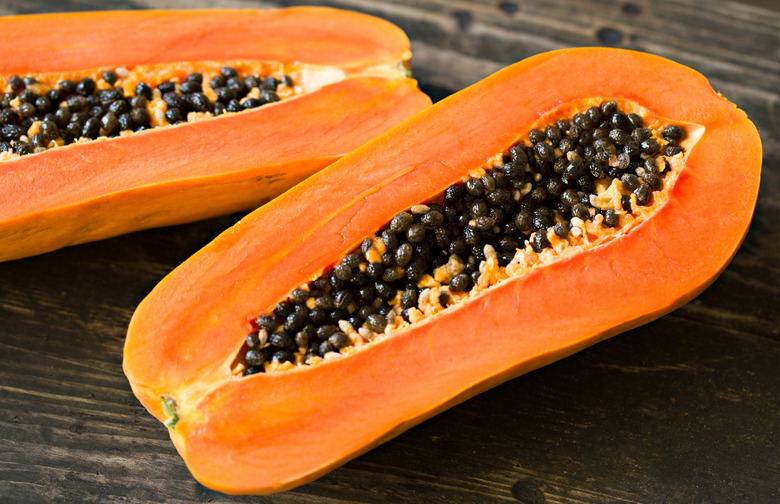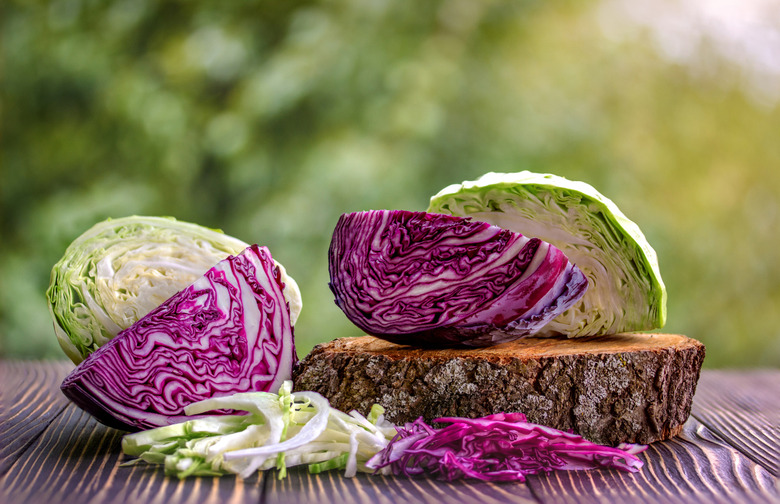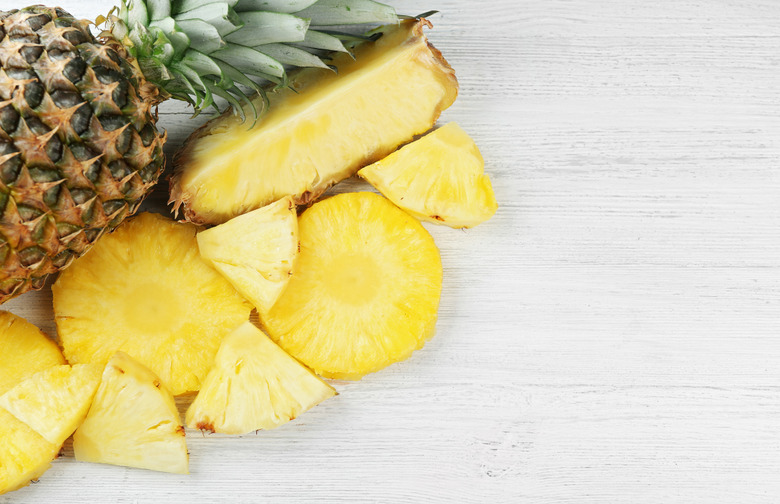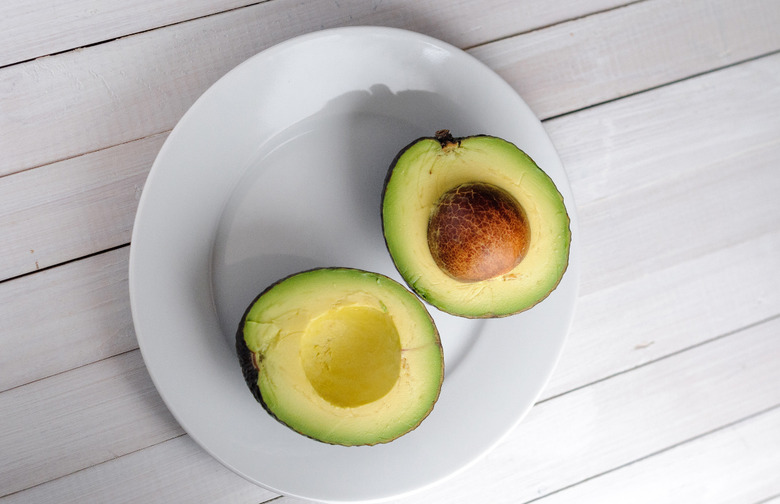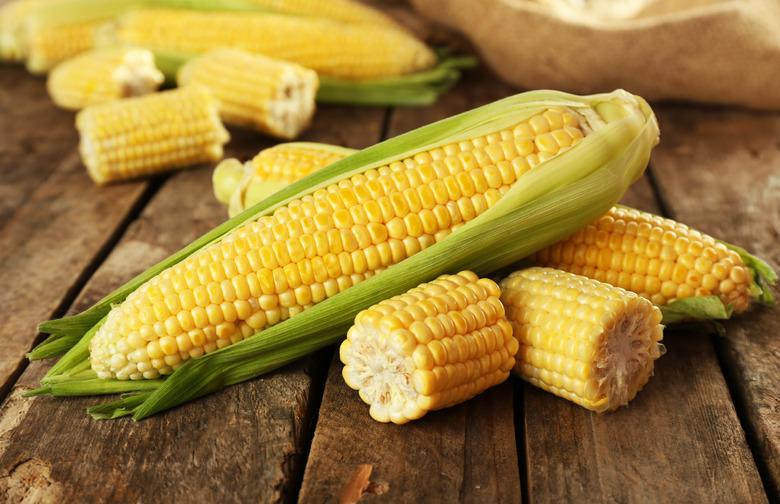Meet The Clean 15: The Fruits And Vegetables Least Likely To Poison You Slideshow
We're sure you've heard of the "Dirty Dozen" — the 12 pieces of produce most likely to have contamination from pesticides, herbicides, and other dangerous chemicals. The Clean 15 is the chemical-free counterpart to that list — the 15 vegetables you're going to want to buy more of at the grocery store.
The Environmental Working Group (EWG) devised their Shopper's Guide to Pesticides by analyzing which fruits and vegetables have the lowest pesticide residues in grocery stores. They revise the list every year, ensuring that their recommendations remain updated with current farming practices. This year, they tested 48 of the most popular fruits and vegetables and narrowed down the results to reveal the best and the worst offenders when it comes to pesticide residue.
"It is important to note that the samples are tested for pesticides after they have been prepared to be eaten," the EWG's website warns. "This means the produce is thoroughly washed and, when applicable, peeled. After these preparations, pesticide residues are still detected on many of the fruits and veggies."
Pesticides can have a real impact on the health of your home, with effects ranging from cancer risk to disruptions in pregnancy. Though the Dirty Dozen (which you can find here) are best kept off your grocery list, these are the 15 fruits and vegetables least likely to poison you.
Grapefruit
We recommend you broil them — otherwise they might be a bit sour. But don't let that deter you from one of the most nutritious fruits you can eat. Just don't mix them with prescription drugs. That's a really bad idea.
Cauliflower
People are crazy about this crunchy cruciferous vegetable — and with good reason. It's been repurposed to replace many a carbohydrate, including rice, pizza crust, and even mashed potatoes. Cauliflower pizza crust might not be much healthier, but it is tasty — and almost pesticide free.
Cantaloupe
Perhaps it's the hard outer shell that protects this bowling ball of a fruit from the harsh chemical sprays. Whatever the reason, this summer fruit salad star is actually really high in sodium (but don't worry too much about that) and B vitamins.
Kiwi
This underrated fruit has tons of health benefits, and it's super-sweet for smoothies. Go ahead and slice one or just go ahead and bite it like an apple — you can eat the skin!
Honeydew Melon
A seasonal fruit favorite and a staple of Kim Kardashian's diet, the honeydew melon is a teal and tangy solution to your end-of-summer woes. Try cutting up some cubes, using one in a face mask (because no one wants chemicals in their skin care), or slicing one for a recipe or two.
Eggplant
You might not know this, but there's more to the eggplant than just the awkward emoji. Their seeds actually contain nicotine — but that might be the only toxic thing about them.
Mangos
They're really hard to cut without making a mess, though there's a trick to getting it right every time. Cut two large slices around the seed and then dice into squares inside the skin. If you leave the skin uncut, you can eat the cubes right off of it! If you don't want to go to the trouble, just use the fruit in a savory and sweet recipe.
Asparagus
This vegetable spearheaded this summer with its bold flavor and ease of preparation. Throw a few spears on the grill, toss them in olive oil on the stove, or tuck them into creamy folds of linguine. But beware — they are on our list of foods that make you smell bad.
Papayas
You might want to wait a bit on this one — though they're free of pesticides, there have been more than a few cases of salmonella this year linked to papayas. At this point, though, the papayas have been recalled and we're finally safe to order a papaya salad side dish at any Asian restaurant.
Frozen Sweet Peas
But only the frozen kind. You should start cooking with these immediately. Despite their undeniable placement on the list of fruits and vegetables that aren't all that great for you, peas have vitamins and minerals such as vitamin K and folate and are loaded with dietary fiber. Buy them frozen — you'll never go back.
Onions
We know they make you cry, but you might cry a little less once you learn these simple onion-chopping tricks. And once you get over your fear of the savory vegetable, here's how to pick the right onion for any recipe.
Cabbage
Perhaps not the most popular vegetable in the aisle, but we think it ought to be. Shredded, grilled, or fried, cabbage is a food you should be eating but probably aren't. The pesticide-free vegetable can be bland if you don't cook it right; if you're not sure where to start, here are a few recipes to get you started.
Pineapples
Do you like piña coladas? You're about to like them a whole lot more. They're number three on the list, meaning the pesticide content of each one is appealingly low. Pineapples are weirdly banned at British music festivals, but make a great snack idea for any other occasion. It's smart to save the juices, too — it makes the perfect marinade!
Avocados
There are more reasons than just their cleanliness to indulge in avocados. Undoubtedly a fan favorite of millennials and hipsters everywhere, the fruit goes great with chicken, bacon, and (of course) sourdough bread. Seriously — people are assaulting each other over them.
Sweet Corn
Sweet corn just got a whole lot sweeter — it's number one on the list of foods that's least likely to poison you. The starchy vegetable is a grilling favorite and is literally life in Mexico. Americans have taken to dousing their corn in butter and salt — a habit which used to be frowned upon but now might be okay. Butter is actually not bad for you, it turns out, and neither is salt. Here are 12 reasons salt is actually really good for you.


